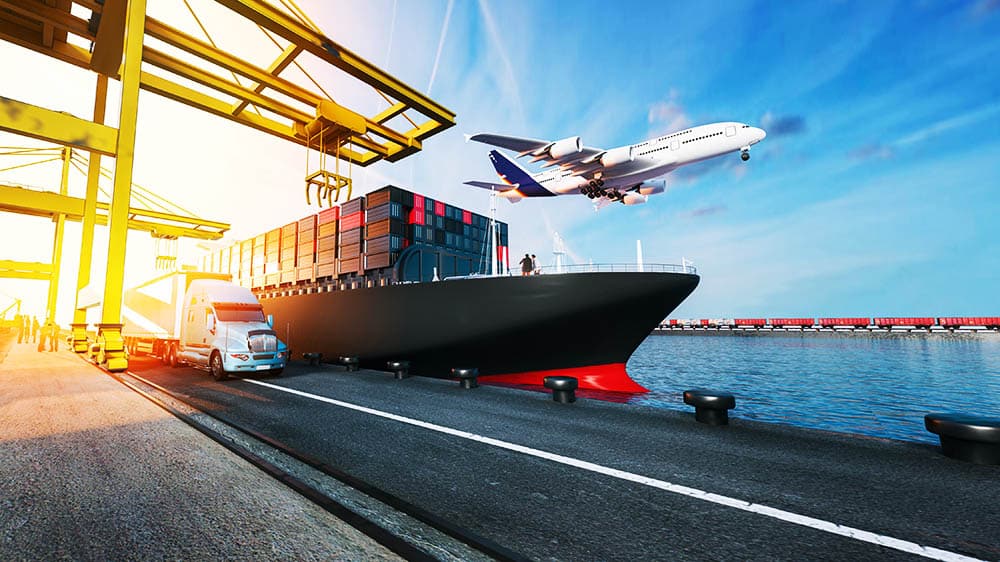In today’s globalized world, import and export play a crucial role in driving economic growth and development. It allows countries to access goods and services that are not readily available in their own markets and creates opportunities for businesses to expand their reach beyond domestic borders. In this article, we will delve into the topic of import and export, highlighting the benefits, challenges, and how to obtain quality products directly from overseas markets.
Benefits of Import and Export
Import and export activities provide numerous benefits for both importing and exporting nations. Here are some key advantages:
1.
Economic Growth:
Import and export activities contribute significantly to a nation’s GDP, creating jobs and generating income. By participating in international trade, countries can exploit their comparative advantage, specializing in the production of goods and services they are most efficient at. This specialization fosters economic growth and increases productivity.
2.
Increased Consumer Choice:
Importing goods from abroad increases consumer choice, allowing individuals to access a wider variety of products. This leads to better quality, competitive pricing, and increased standards of living. Similarly, by exporting domestically produced goods, countries can reach a larger customer base and enhance their competitiveness in international markets.
3.
Enhanced Efficiency:
International trade encourages efficiency by subjecting domestic industries to global competition. This pressure to be competitive leads to improved product quality, innovation, and cost reduction. As industries strive to meet the demands of global customers, they become more efficient in terms of production processes and resource allocation.
4.
Cultural Exchange:
Import and export activities facilitate cultural exchange by exposing individuals to products, services, and ideas from different parts of the world. This interaction promotes diversity, understanding, and appreciation of different cultures, fostering a more interconnected global community.
Challenges in Import and Export
While import and export offer numerous benefits, it is essential to acknowledge the challenges and risks involved. Here are a few common challenges faced in international trade:
1.
Logistics and Transportation:
Moving goods across borders involves complex logistics and transportation networks. Delays, damages, customs regulations, and handling requirements can pose challenges and impact the timely delivery of goods.
2.
Legal and Regulatory Compliance:
Importing and exporting require adherence to various legal and regulatory frameworks, including customs duties, taxes, licenses, and certifications. Navigating these regulations can be intricate and time-consuming, requiring businesses to stay updated with ever-changing trade policies.
3.
Language and Cultural Barriers:
Cross-border trade involves dealing with different languages, cultures, and communication styles. Effective communication and understanding are essential to establish successful business relationships and avoid misunderstandings.
4.
Political and Economic Risks:
Political instability, policy changes, exchange rate fluctuations, and economic crises can significantly impact import and export activities. Businesses need to assess and manage these risks to mitigate potential losses.
Obtaining Quality Products directly from Overseas
When importing products from overseas, ensuring quality is of utmost importance to avoid disappointments and losses. Here are some key steps to obtain quality products directly from abroad:
1.
Research and Due Diligence:
Thoroughly research the market and potential suppliers before making any purchasing decisions. Look for suppliers with a good reputation, positive customer reviews, and established quality control processes.
2.
Supplier Verification:
Verify the authenticity and credibility of potential suppliers by conducting background checks, requesting certificates of compliance, and visiting their manufacturing facilities if possible. This helps ensure that the suppliers meet international quality standards.
3.
Quality Control and Inspection:
Establish clear quality specifications and conduct regular inspections during the production process to ensure compliance. Third-party inspection agencies can help verify product quality, production standards, and packaging requirements.
4.
Secure Payment and Contracts:
Use secure payment methods such as letters of credit or escrow services to safeguard your financial transactions. Additionally, ensure that contracts with suppliers clearly define quality requirements, delivery schedules, and dispute resolution mechanisms.
5.
Freight Forwarders and Customs Clearance:
Engage experienced freight forwarders to handle the logistics and customs clearance process. They can assist with proper documentation, packaging, labeling, and complying with import regulations.
Important Information to Consider
It is important to note that import and export activities are subject to various laws, regulations, and restrictions imposed by different countries. Understanding and complying with these regulations is crucial to avoid legal complications and delays. It is recommended to consult with trade experts, customs brokers, or legal advisors when venturing into international trade.
Furthermore, market research plays a crucial role in identifying potential opportunities and risks associated with importing or exporting specific products. Understanding market demand, pricing dynamics, and competition will help businesses make informed decisions and remain competitive in the global marketplace.
Summary
Import and export activities are integral to the global economy, facilitating economic growth, increased consumer choice, and efficiency. While challenges exist, businesses can mitigate risks by conducting thorough research, establishing quality control measures, and engaging reliable suppliers. With proper planning, understanding of regulations, and effective communication, businesses can successfully obtain quality products directly from overseas markets, contributing to their growth and prosperity.
- Unleashing the Power of Progress: Crafting an Astounding Growth Strategy - 17 de agosto de 2023
- Evolution Unleashed: Unlocking the Power of Iteration - 17 de agosto de 2023
- Unleashing Unlimited Potential: The Power of Scalability - 17 de agosto de 2023




